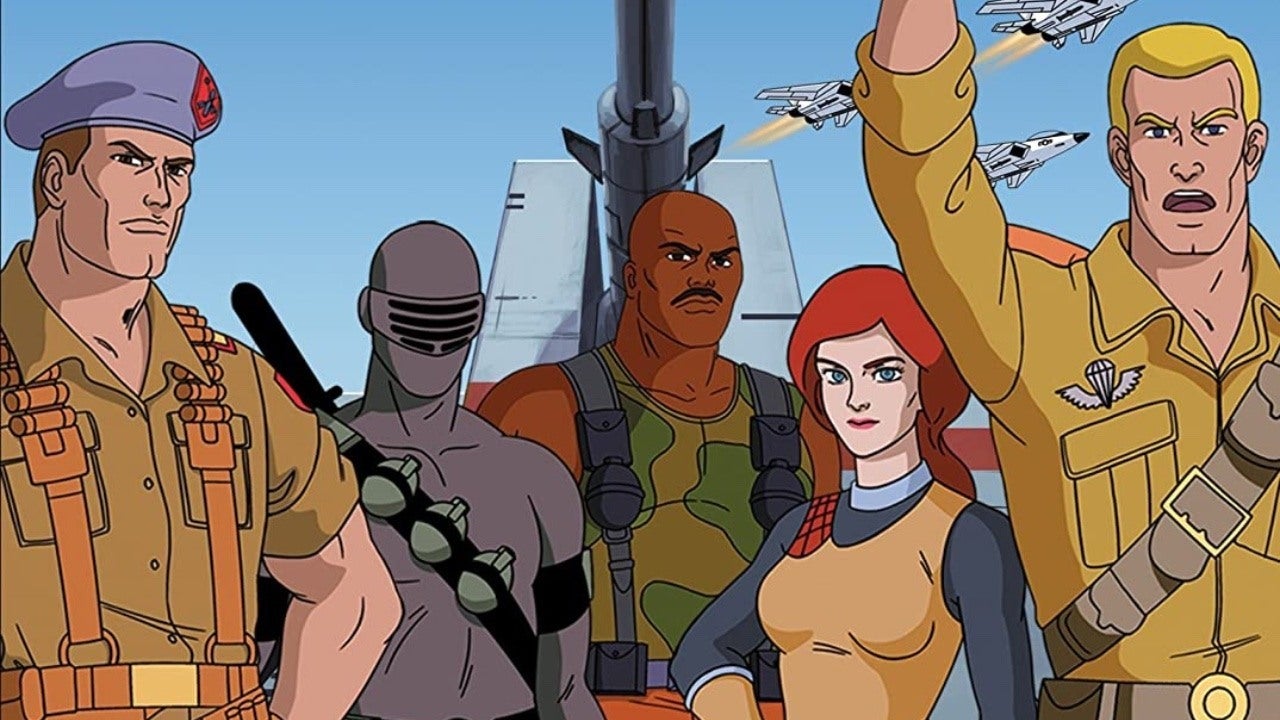In the 1980s, G.I. Joe was a popular action figure that became a kid’s show. One of our partners was a big fan (we’ll let you guess who). A memorable part of each episode was the public service announcement at the end. The PSAs were framed within the context of something dangerous involving kids—like running into traffic or being invited into a stranger’s car. Each cartoon would end with a Joe representative instructing the kids on how to behave; the group of kids, now properly informed, would gleefully shout, “Now we know!” to which the solider would confidently respond, “and knowing is half the battle.”
The G.I. Joe PSAs had great intentions to shape the behaviors of children. It also revealed a popular theory—that if someone knows their biases or shortcomings, they are well on their way to changing that behavior. There’s only problem: just knowing isn’t even close to half the battle. Yes, awareness is an essential ingredient to change, but it’s a shockingly tiny portion of the battle for most real-world situations This is what Yale psychologist Laurie Santos refers to as the G.I. Joe Fallacy.
Think about it in terms of the organizations in which we serve. How often do the unpredictable forces of emotion, habit, and situation reign supreme despite how many executives, managers, and employees know better? If we hope to experience or encourage behavioral change, we must step beyond simply being informed and informing others into the deep work of cultivating emotional regulation, habit formation, and system redesign to nudge us toward different results.
You may be thinking to yourself that this is old news. For the last 2,500 years, scholars and philosophers have shared that human action isn’t as rationally controlled as we would like to think. Don’t we all know that, even if we didn’t realize it had an official name. Is the G.I. Joe Fallacy just that—a fallacy?
Well, yeah, we do know, but…
- We may know that left-digit anchoring drives sales differences. Yet we may experience (and that’s the optimal word) $19.99 as a significantly lower price than $20.00.
- We may know about resource depletion effects. Yet if we sat on a parole board, data indicates we would still deem the prisoner encountered after a meal as a more suitable candidate for parole.
- We may know that implicit bias is likely to affect our assessment of a resume’s quality. Yet we may still experience the candidate with an African-American sounding name as being less qualified than a candidate with a European-American sounding name.
- We may know about Paul Rozin’s scientific work on disgust. Yet we will still hesitate to drink Dom Perignon out of a sterile toilet bowl.
Knowing is not half the battle, and that includes knowing about the G. I. Joe Fallacy. Because simply recognizing that the G. I. Joe Fallacy exists is not sufficient to avoid its grasp.
So now you know. And that’s less than half the battle.
—–
What’s Next: Consider one leadership behavior you know you should do and move from knowing to action. For instance, walk the hallways and check on your team members.


















